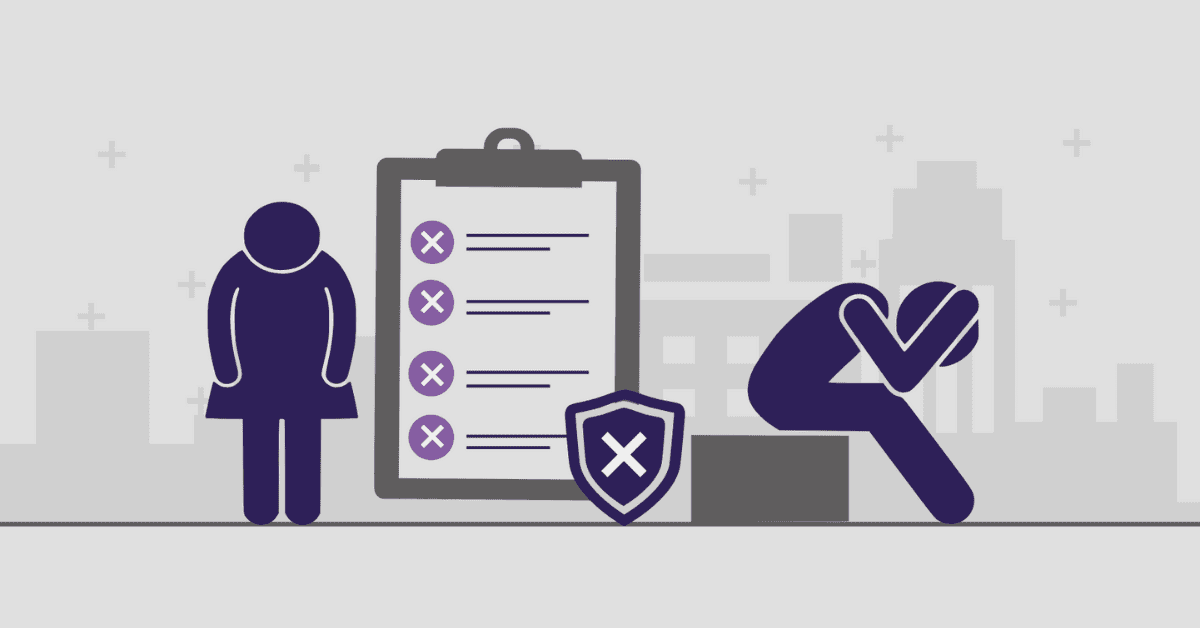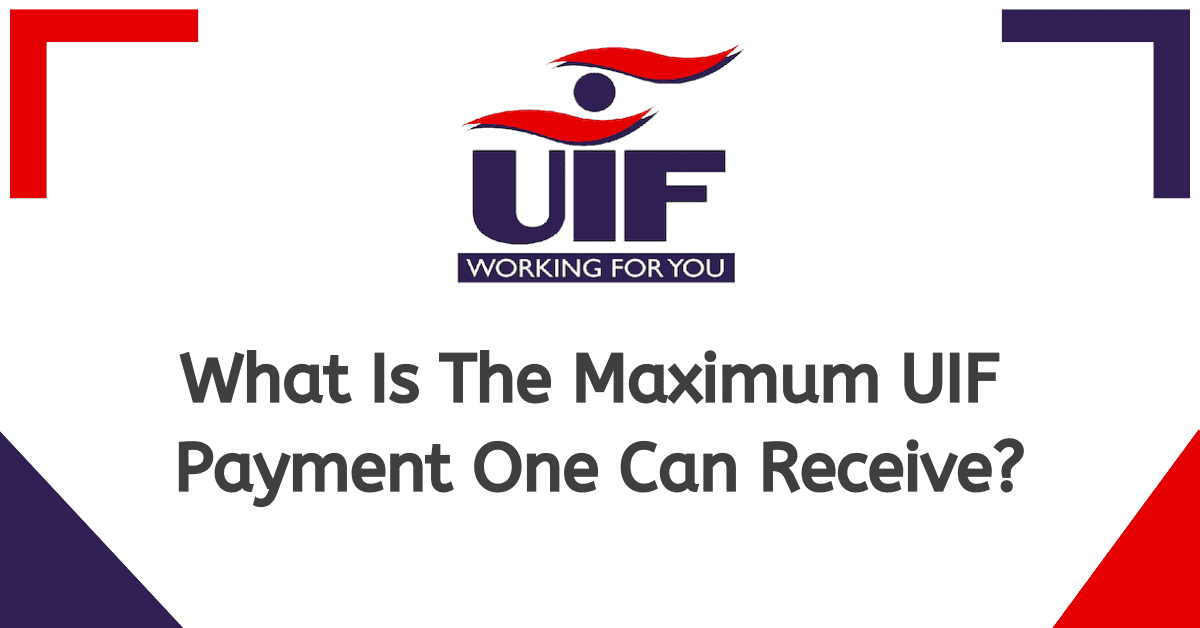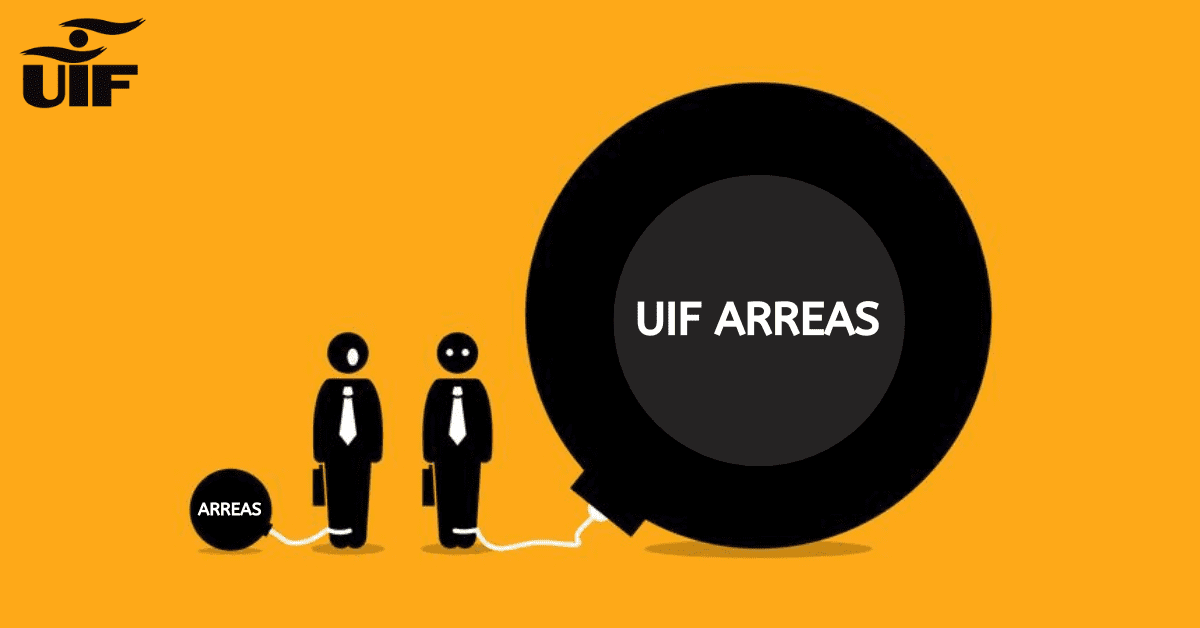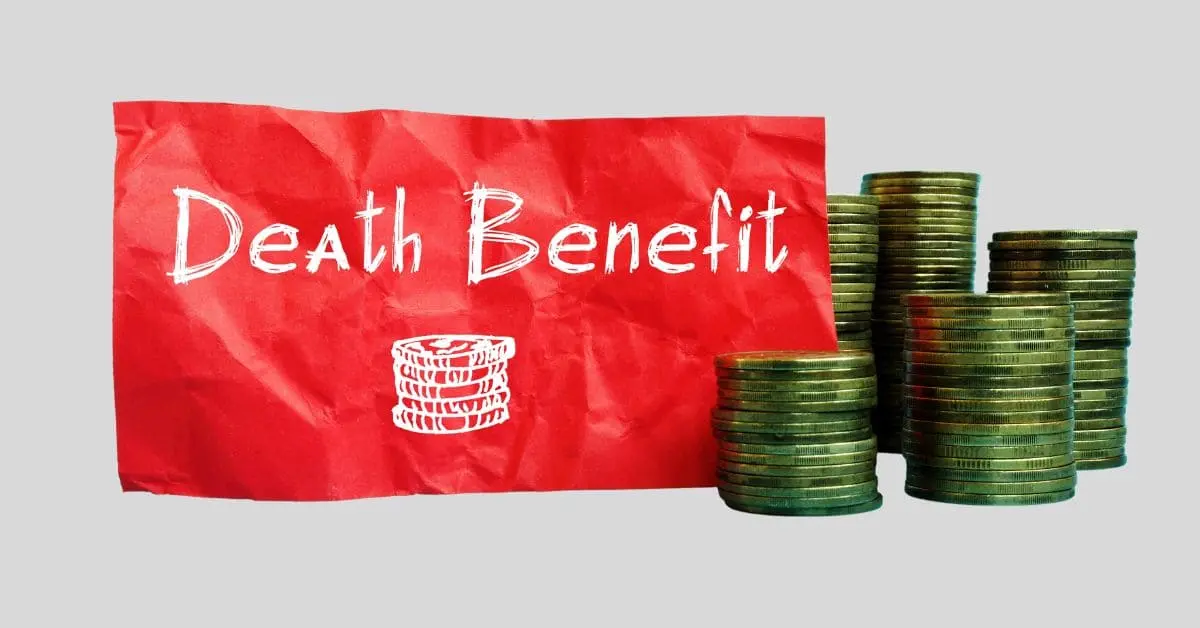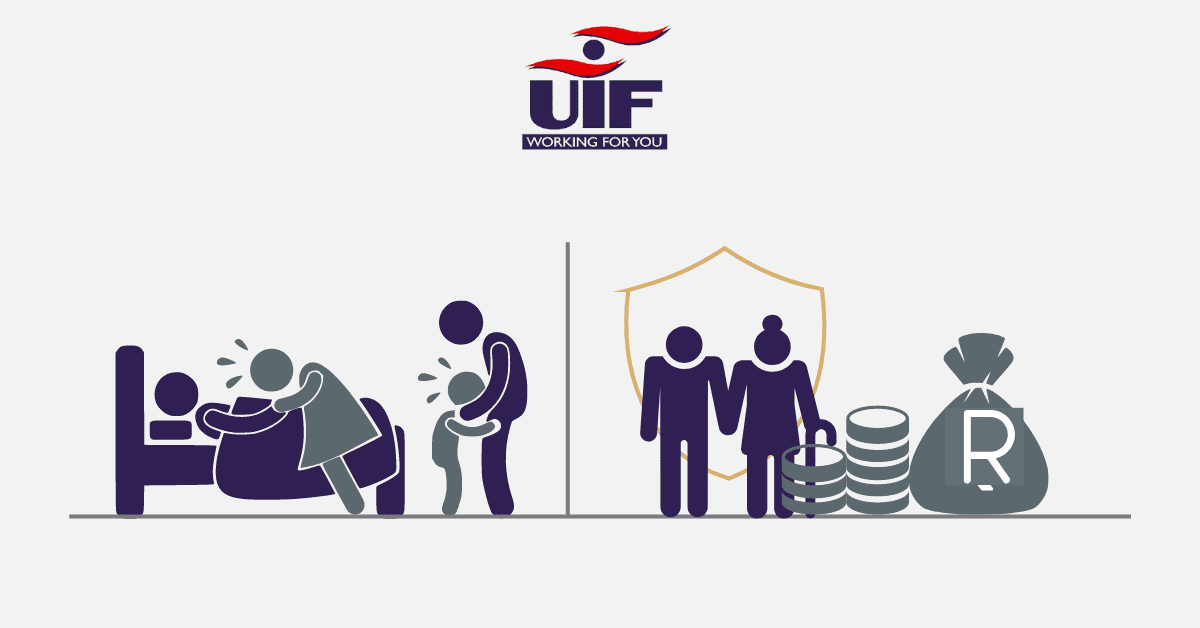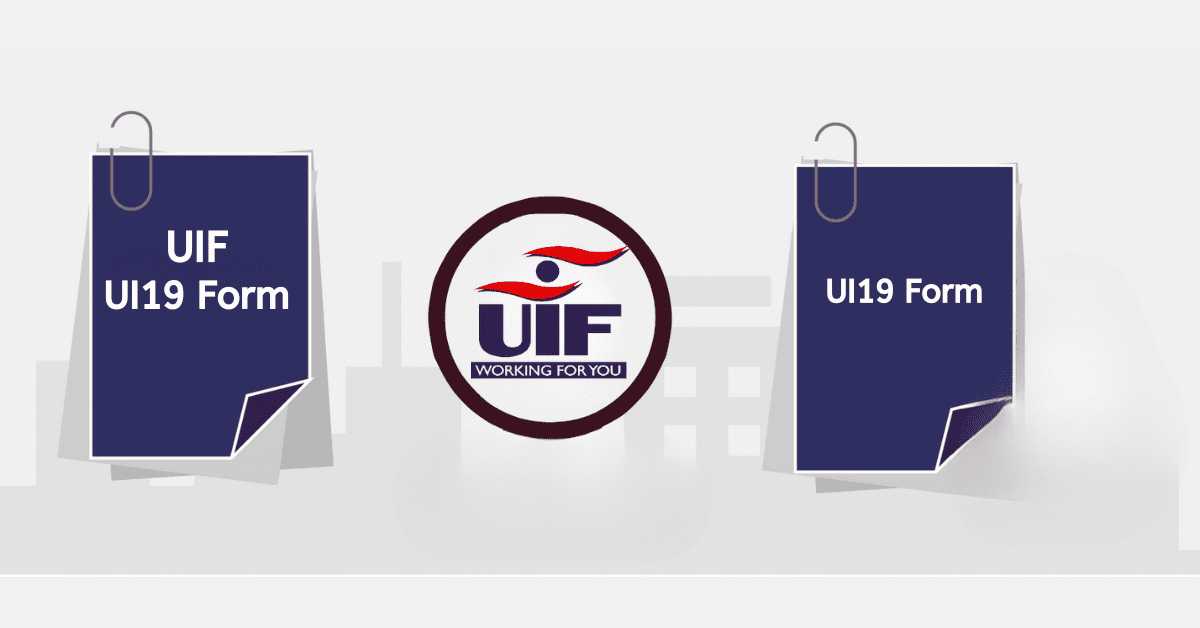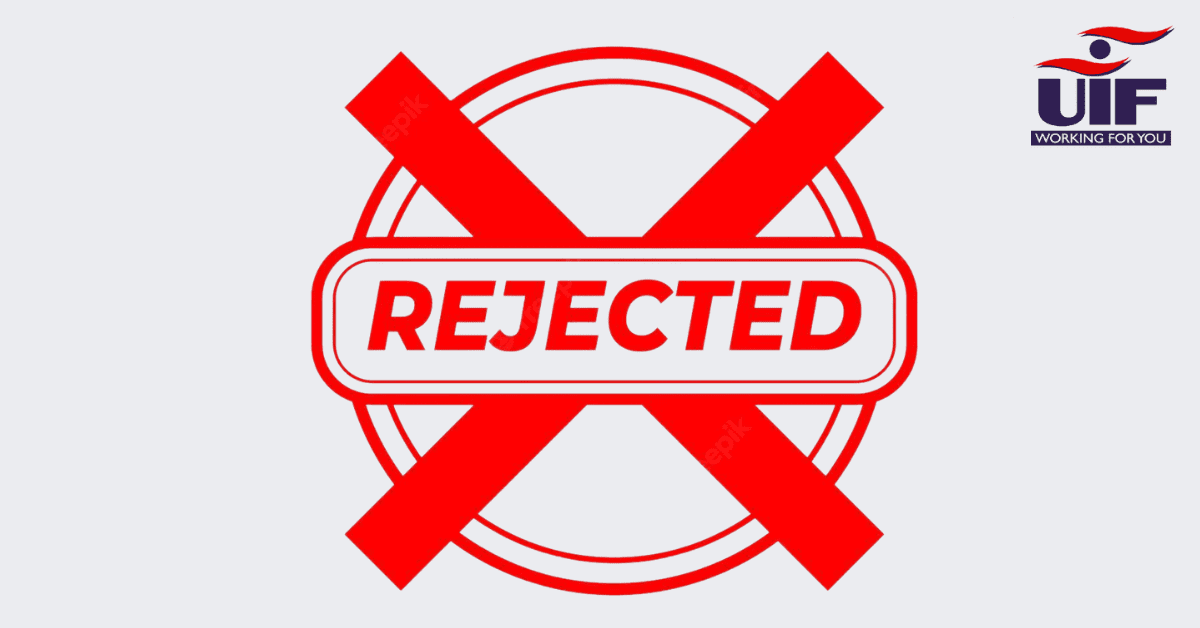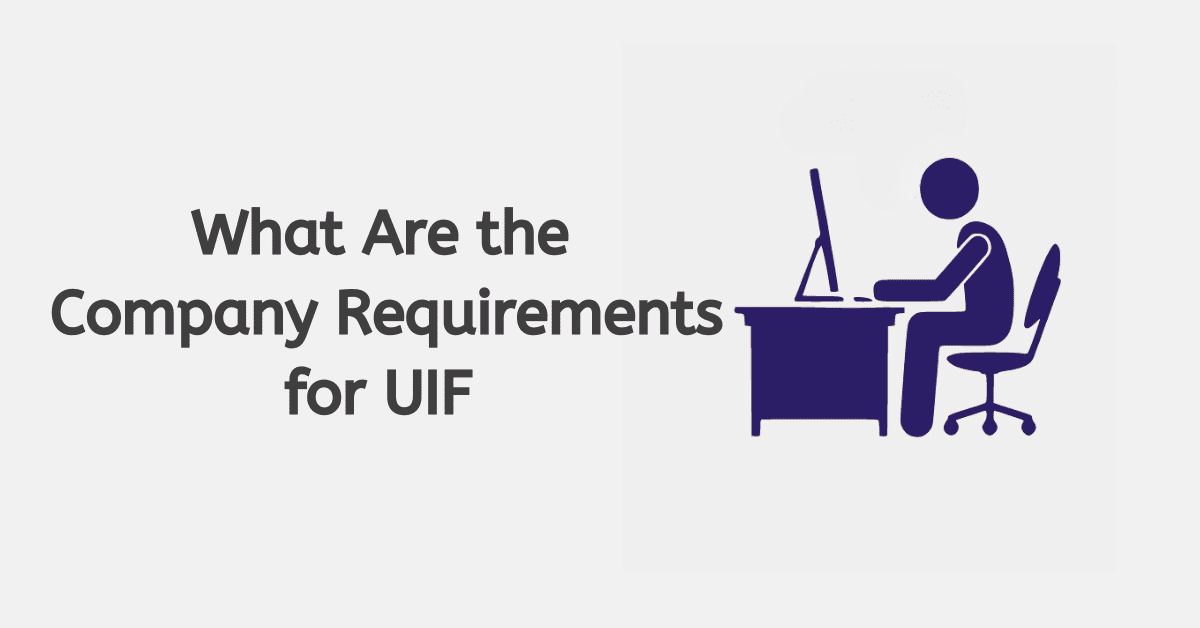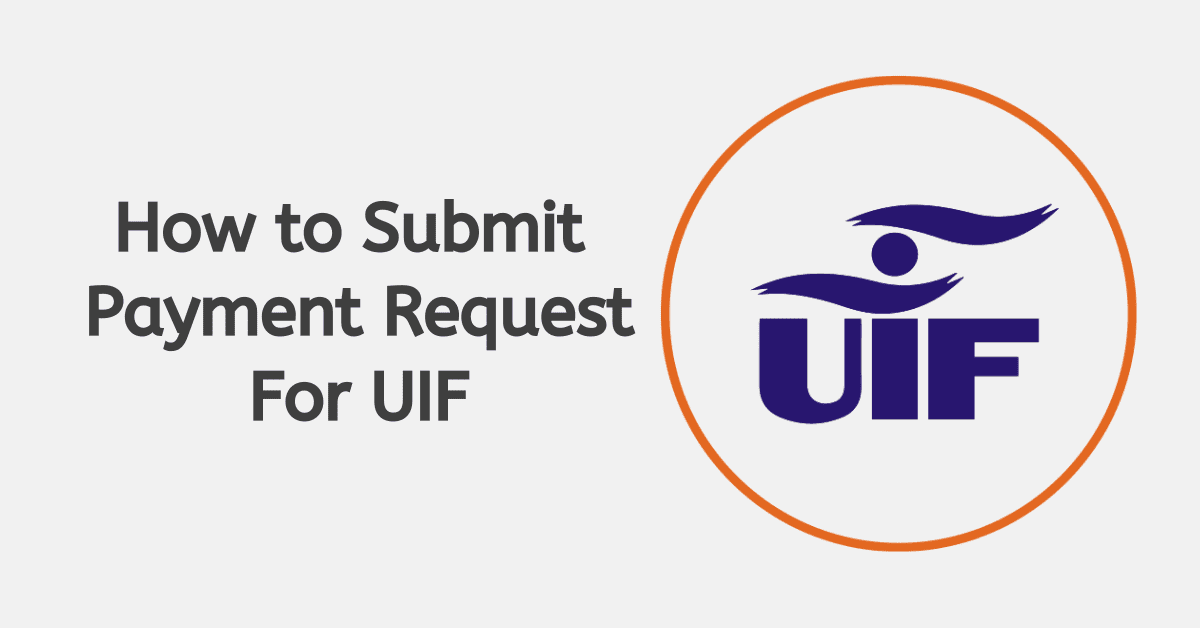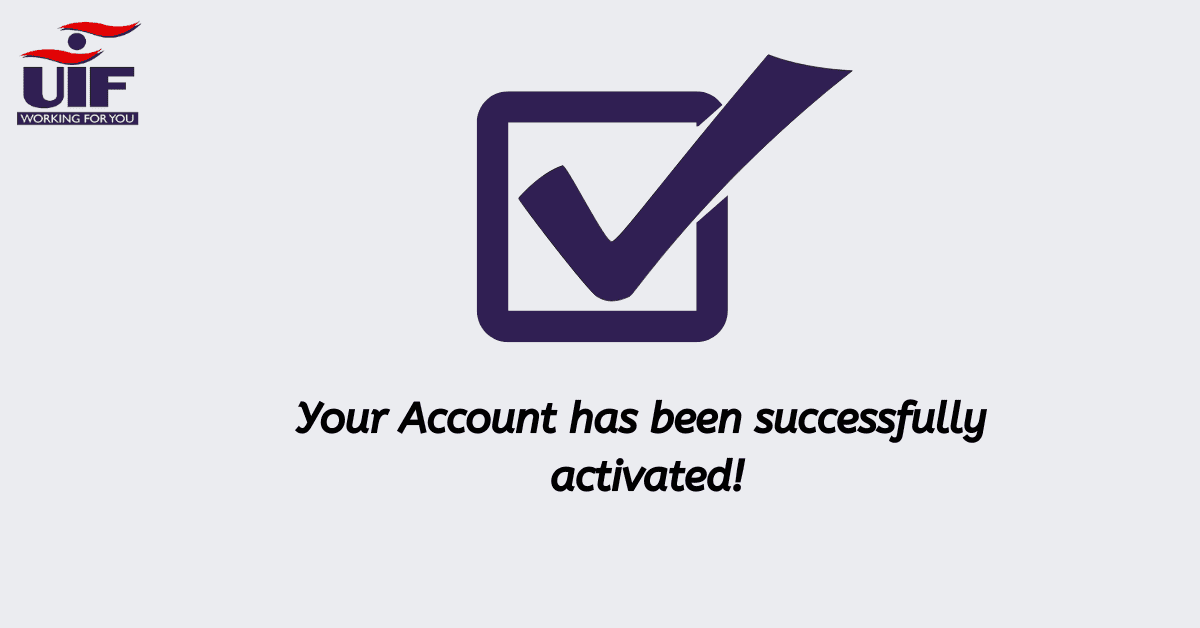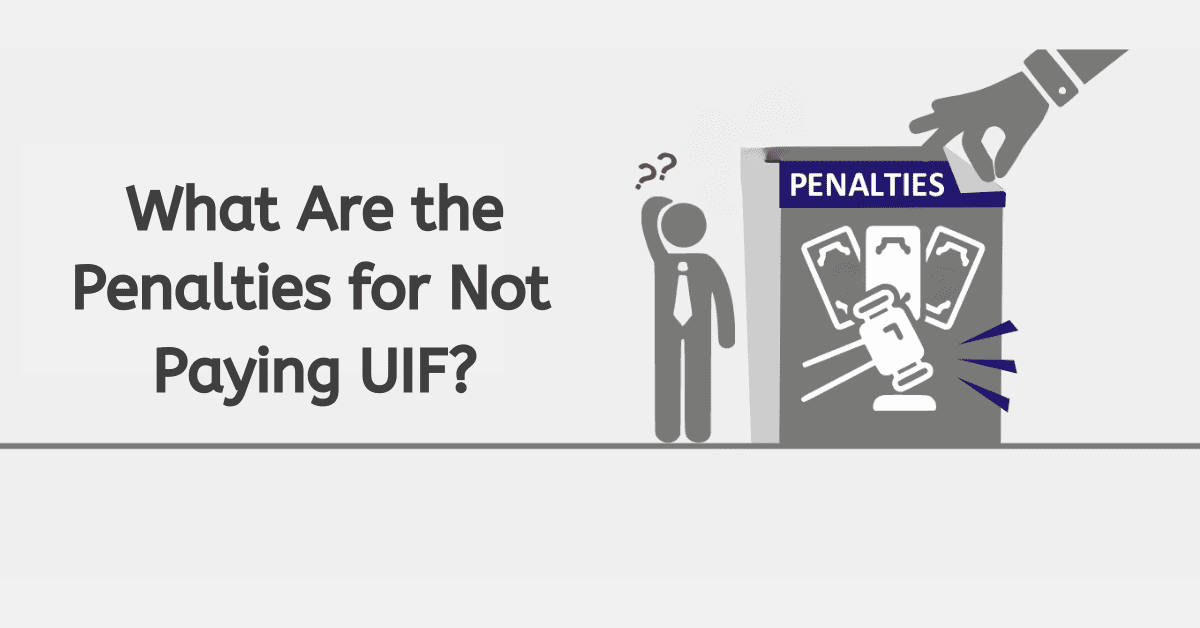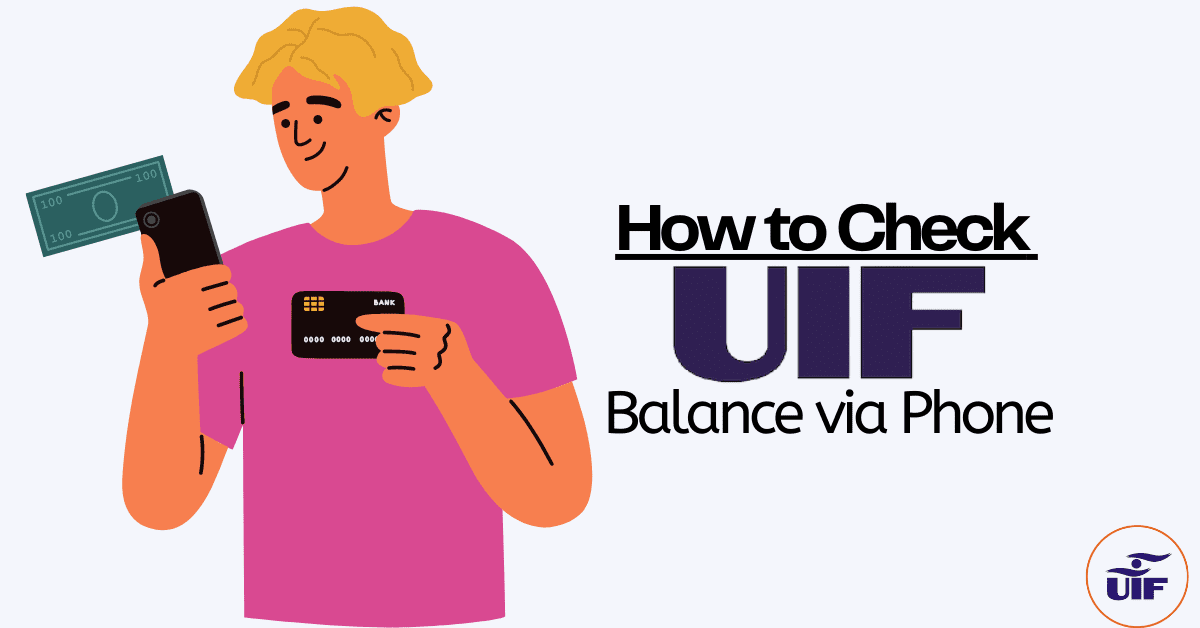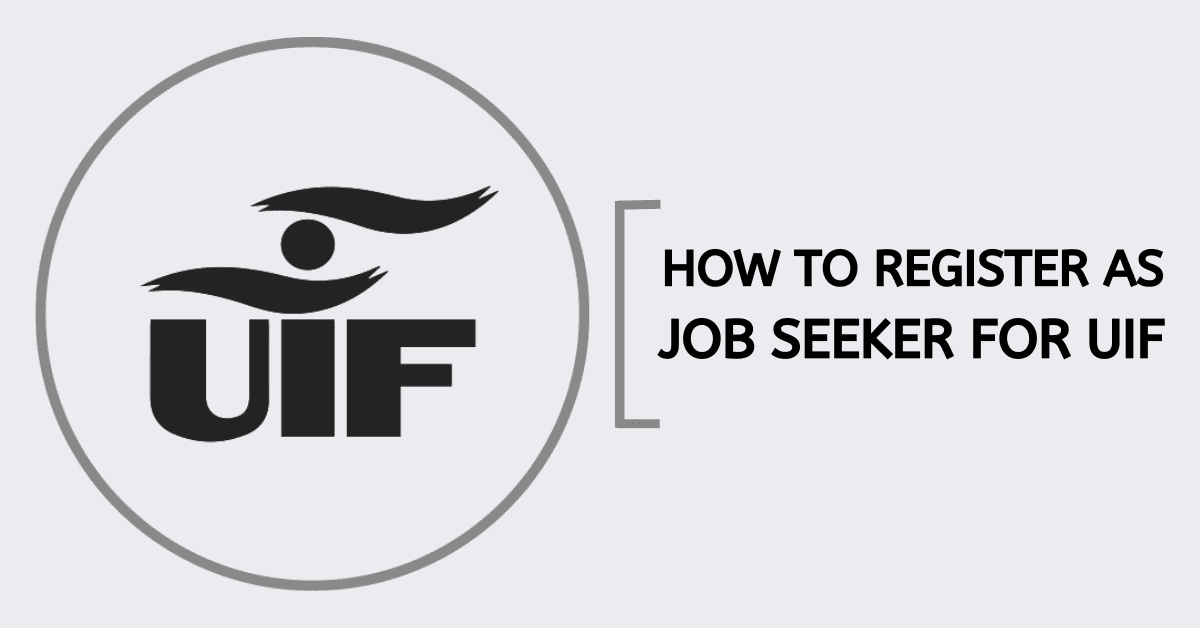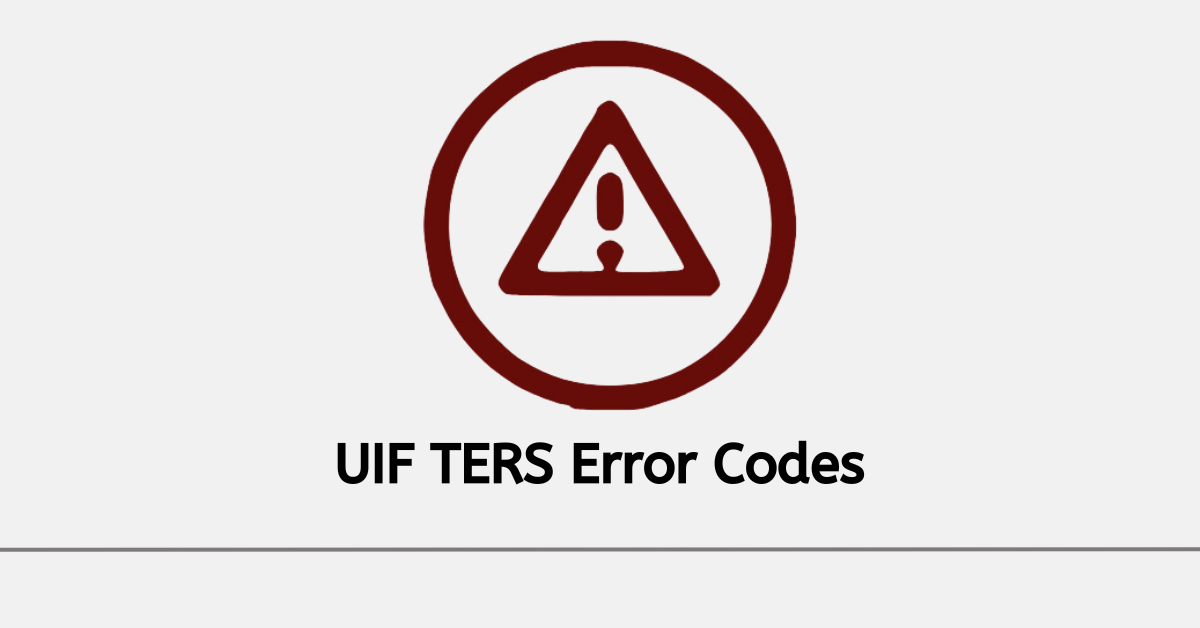All individuals who are employed for more than 21 hours a week in South Africa will pay a contribution to the Unemployment Insurance Fund from their wages, at 1% of their wages (up to a specific threshold). Additionally, your employer will have to pay the same amount from their own pocket for you to the UIF. The fund is there to act as a buffer in specific cases of unemployment, as well as for people who have unpaid maternity leave, adoption/parental leave, or unpaid sick leave. There is a lot of confusion around whether an individual who resigns, rather than being let go, can claim from UIF. Today, we take a look at this sticky circumstance, and everything you need to know about the UIF and resignation.
What happens to UIF when you resign?
Resignation is seen as a ‘voluntary unemployment’, even if you resign without another job lined up. This means the UIF will not pay you for your period of unemployment after resignation. This includes circumstances where personal issues force you to resign, such as having to look after a sick dependant. You likewise cannot claim if you are suspended or purposefully or accidently abscond from work. The only case where the UIF might consider a resignation payment is if you can prove that your employer forced you to resign deliberately, such as through repeated harassment on the job. This will likely require stringent proof from the CCMA or other valid sources. Even then, it is not guaranteed that you will receive a payment.
If you begin working and paying into the UIF again, and then have an adverse event (like termination of employment) happen, your previous resignations will not be held against you.
Do I forfeit my UIF if I resign?
Yes, you do forfeit the right to make a UIF claim for your period of unemployment if you resigned from your work. You can only claim benefits if you were terminated by your employer honestly (not for theft or other matters), your contract expires and is not renewed, or if the employer entered sequestration and ceases trading.
Remember that you will not receive your full salary from the UIF even if you can make a claim. Instead, you will receive a percentage of your compensation, determined by criteria the Department of Labor lays out. This includes an analysis of your salary and UIF contributions over the last 4 years. You only have 6 months to make a claim, and the benefits will stop when you become employed again.
What can I claim if I resign from my job?
If you resign from your job, you can claim nothing from the UIF- they see it as you voluntarily becoming employed, and there are no rewards for that! The UIF exists to cover those who lose employment through no choice or fault of their own only. This counts even if you had extenuating personal circumstances, like the need to move with a spouse or to care for a sick dependant.
However, remember that you can claim your notice pay from the employer (where you give notice), receive your salary up to the last day you work, and receive any outstanding leave time as pay.
How long after you resign do you get paid?
As you will not be paid from the UIF at all if you resign, there is no benefit period you can claim from the UIF. However, South African workers should be aware that their ex-employers must pay out all monies due to them from the employer after resignation within 7 days under the terms of the Labor Act. They cannot delay paying you your final salary and associated benefits any longer than that, or you have legal claims against them.
While there can be many honest reasons that an employee chooses to resign from a position- from unexpected relocation to having a better job offer that falls through, needing a mental health break, or having other concerns render them unable to continue working at their place of employment- resignation is always seen as a voluntary entry into unemployment. The purpose of the UIF is to help those who become unemployed unexpectedly and through no personal fault (like theft or absconding from duty). So you cannot rely on receiving a UIF payment to help you through your period of unemployment if you resign.
There is one potential exception to consider, which is medical leave. If you are unable to work due to an illness that lasts longer than 14 days and which is not due to refusing medical treatment, you may have some UIF coverage under the UIF medical benefit claim. This will last for a maximum of 6 months, or until you return to work. However, you still cannot resign and claim this benefit, but would have to either have the job open for you to return to but not be receiving a salary during your leave, or have been terminated due to your illness while on medical leave.
